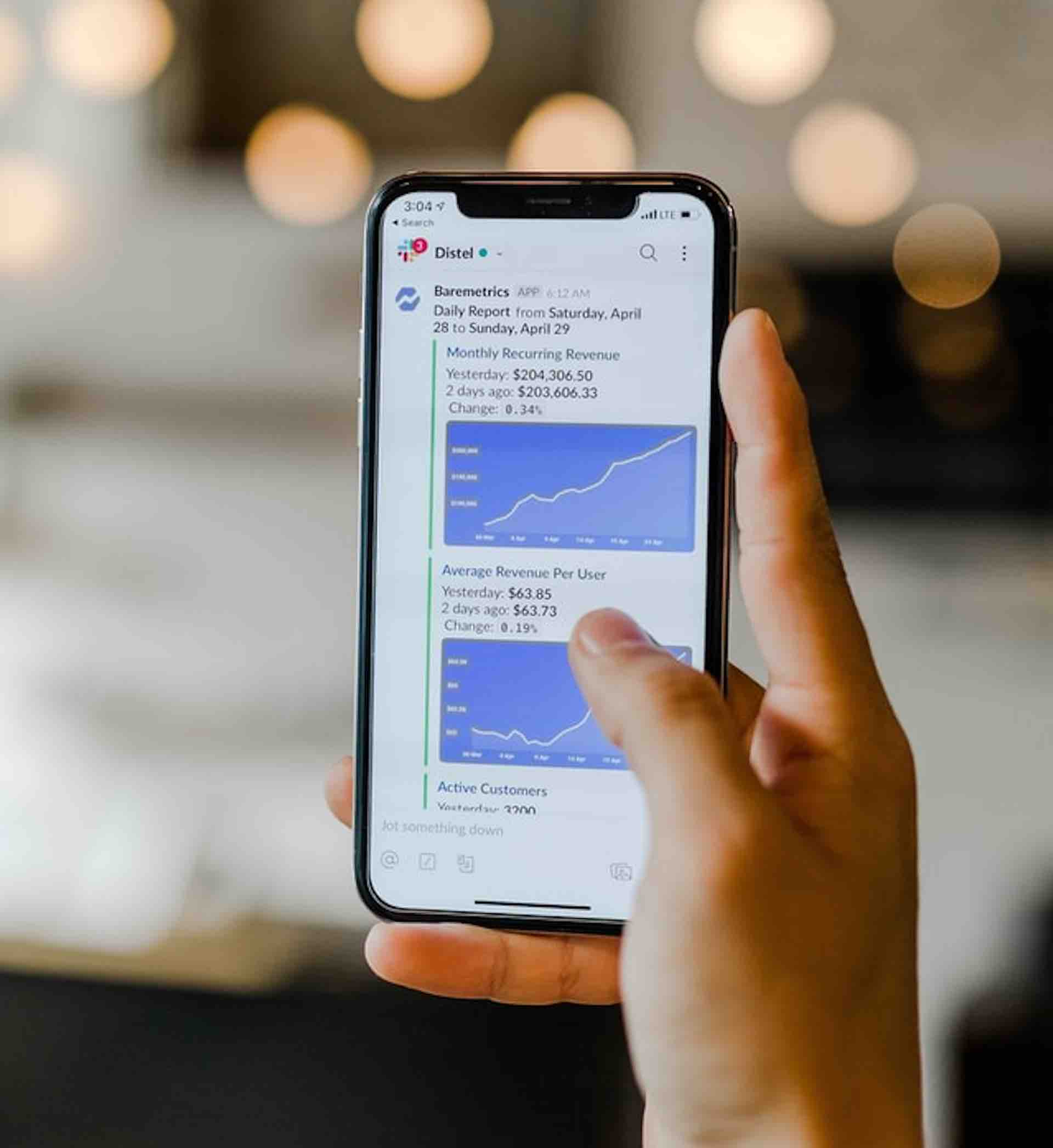In times of Corona, B2B companies are increasingly recognizing the potential of social selling. Alas, this involves much more than direct sales via digital channels: With social selling, you are able to impact the purchase decision-making process at an early stage and establish intensive customer relationships in order to win over customers for your products or services.
B2B companies that continuously maintain their customer relationships via social media achieve higher sales than those that are less present on the Social Net. This is one of the findings of a recent study conducted by social media dashboard provider Hootsuite. Being active on digital channels such as Twitter, LinkedIn or Facebook pays off in times of the pandemic, because during this time Internet users are more active online than ever – even in the business world.
According to a survey conducted by market research specialist BITKOM, the majority of 30 to 49-year-olds (82 percent) and 50 to 64-year-olds (74 percent) are increasingly using social networks. Companies are therefore recommended to respond to this trend and familiarize themselves with the social selling approach. After all, in the context of tradeshows and other industry events being cancelled or postponed, there are fewer analogue touch points with customers.
This is how you use Social Selling to benefit your business:
Explore customer needs, align measures
Social Selling brings you closer to the customer than traditional online selling: the focus lieson building a real business relationship. For this to succeed, you should accompany your potential customers throughout the entire decision-making process and provide them with information. What are the cumstomers’ interests and goals? What challenges are they facing? It pays off to first listen carefully: Social listening on the web will help you find out a lot about your customers’ topics, concerns and wishes. Further measures of your company should be strategically aligned to that.
Building a reputation – through quality content
The next step is to build a reputation for your brand or company. The goal should be to be perceived as an independent expert on a topic. B2B buyers prefer to trust their own research, especially at the beginning of their decision-making process: they want to be informed about products or services that are often complicated and in need of explanation in a non-binding manner. In order to transfer your expertise without overloading customers with information, you need one thing in particular: value-added content. Non-advertising formats such as technical articles, white papers, customer cases or webinars are ideally suited. These should be placed continuously in the appropriate context: On social networks, in forums and in a content hub – a central digital information platform where all of a company’s content is bundled.
Communicate with decision-makers – building relationships
After listening to your customers and providing useful content, you should move on to another critical phase – the interaction. To build business-enhancing relationships, it’s not enough to simply link, share, or comment on customer posts on the Social Net. The goal should be personal communication with individual decision-makers. Useful knowledge, authentic success stories or current industry topics are a good starting point.
Evaluate and optimize social selling activities
But how successful are your social selling activities? And which digital channels prove to be particularly relevant for your customers? It is advisable to check the selected measures regularly and to optimize them if necessary. For example, knowing which customer group accounts for the majority of social selling revenue enables you to respond even more individually to their needs and wishes. Continuous monitoring is not only important for keeping existing customers, but also for optimally addressing and winning over new customers.
Social Selling pays off
Social Selling is no less time-consuming than traditional direct sales. However, especially in times of the pandemic, the method offers a lot of potentialto address and win over customers. Valuable analogues touch points, which are eliminated or only reduced due to Corona, can be compensated.
In addition, via social selling you can literally put your finger on the pulse of the time, as the use of social media is also increasing in business environments. When used correctly, Social Selling can boost sales even in challenging times like the current.

